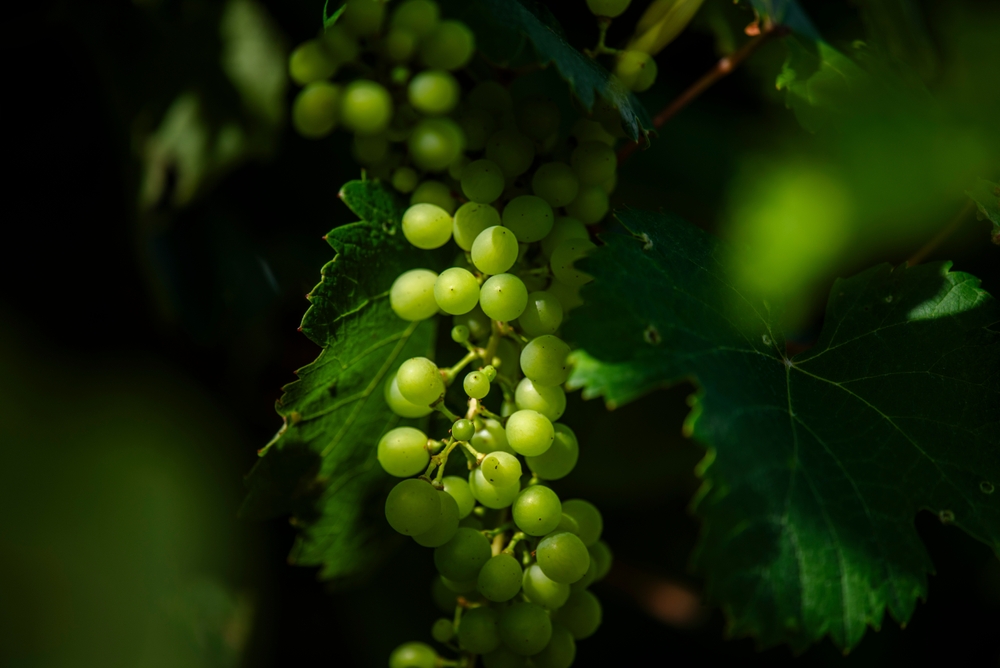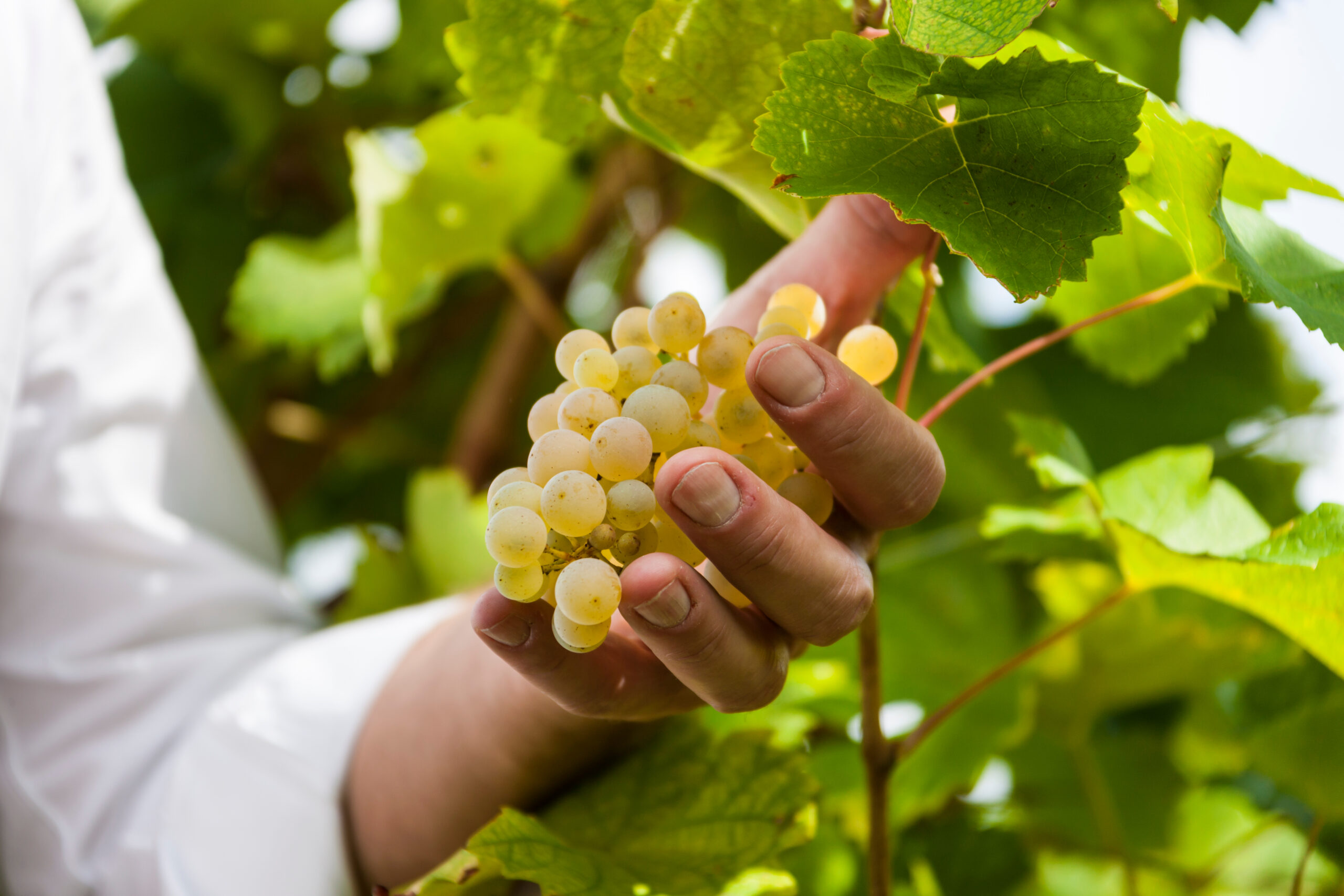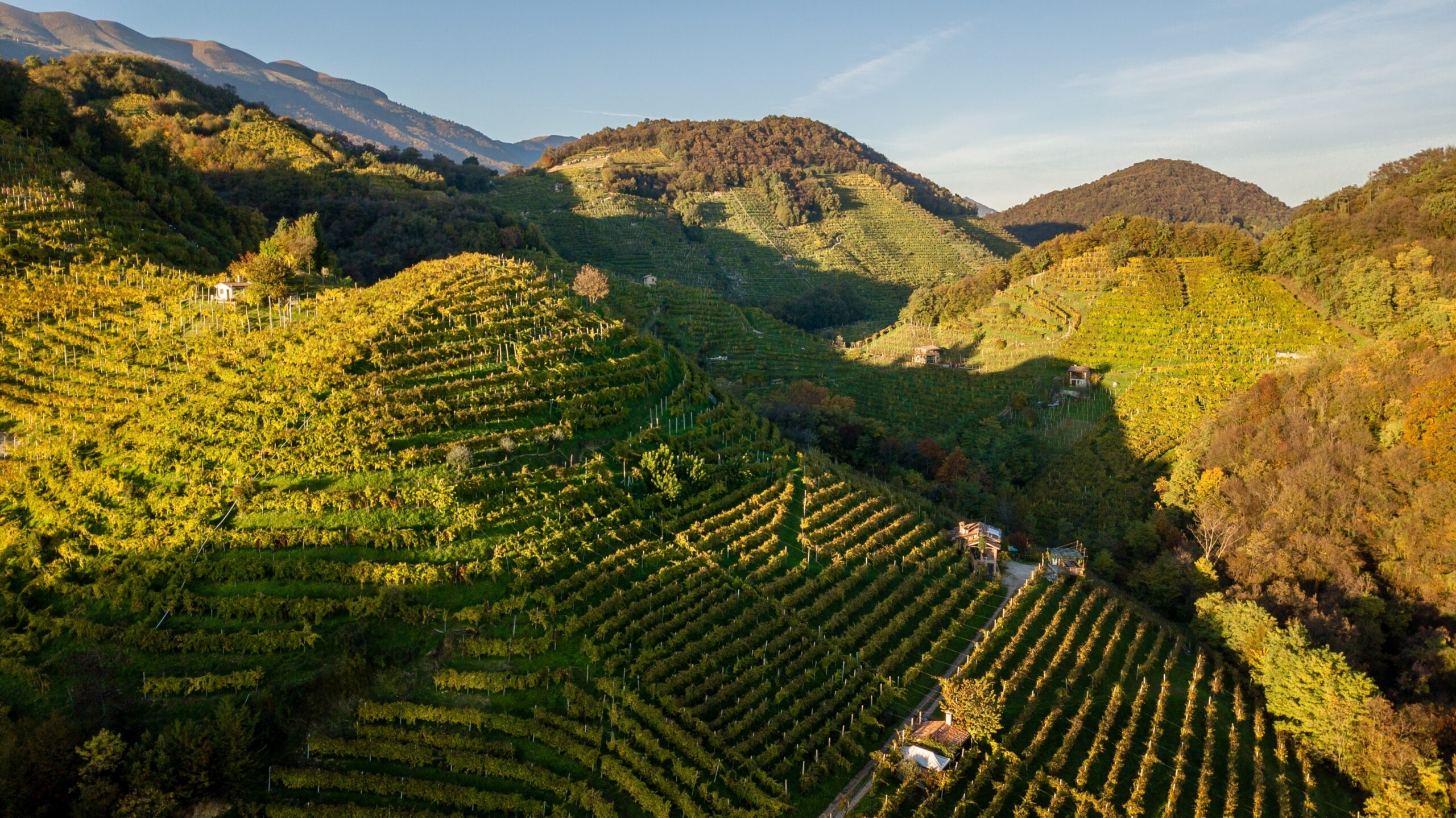The word “sustainability” has long been firmly entrenched in the language and (not always) in the practices of companies across all sectors; the wine sector is no exception: climate change, growing consumer awareness, and corporate social responsibility are pushing the wine industry to radically rethink its production and economic models, rethinking every aspect of each stage of the supply chain.
But what does sustainability really mean? What are its implications in the wine sector? And what are the principles that guide sustainable viticulture?
In the following lines, we will answer these questions, focusing on Serena Wines 1881’s sustainability activities.
What is meant by sustainability and sustainability in the wine sector
The concept of sustainable development is based on the key principle formulated in 1987 by the United Nations World Commission on Environment and Development; according to this principle, sustainability means “meeting the needs of the present without compromising the ability of future generations to meet their own needs.”
This concept also encompasses three interconnected dimensions: environmental, social, and economic. Specifically:
- environmental sustainability concerns the responsible management of natural resources, environmental protection, and the fight against climate change.
- Social sustainability focuses on human well-being, equity, access to education, health, and basic services;
- economic sustainability aims to ensure long-term economic stability and growth, promoting the responsible use of resources and job creation.
In the world of wine, these concepts translate into an integrated approach that encompasses every stage of the product life cycle: from sustainable vineyard management to grape processing, from bottling to distribution, from guarantees of proper working conditions to the end consumer experience.
Sustainability in the world of wine is therefore not limited to simply reducing the use of pesticides or controlling fermentation processes in the cellar: it is an ongoing commitment that involves conscious choices based on respect for natural resources and people.
The 3 Principles of Sustainability in the Wine Sector
As mentioned, sustainability is based on three dimensions: environmental, social, and economic (also known as the “triple bottom line”).
The concrete application of these principles in the wine sector has been formalized in the sustainability certification system specifications, which introduced specific requirements for this sector. These requirements distinguish agricultural activities (Phase A) from processing activities (Phase T) and precisely define the actions to be taken to ensure the sustainability of the production process and the winery.
Considering this introduction, let’s analyze the specific characteristics of the three dimensions in the wine sector.

1.Environmental Sustainability
In the world of wine, the concept of environmental sustainability translates into the application of agricultural techniques and industrial processes that minimize environmental impact and promote the restoration of natural resources.
During the agricultural phase, operators must adopt tools to monitor water consumption, necessary for rational water management. Protecting the natural ecosystem is another fundamental aspect: wineries must avoid significantly reducing existing forests when planting new vineyards, manage uncultivated areas, and protect the protected species present on their land. A virtuous example is the requirement to allocate at least 1% of the company’s land to fodder crops for pollinating insects, thus promoting functional biodiversity.
During the post-harvest processing phase, environmental sustainability requires careful management of semi-natural areas such as woodlands, hedgerows, dry stone walls, and bodies of water. Conservation measures may include the creation of water reservoirs, artificial nests, or the restoration of rural landscape features.
Continuous monitoring of resources used is mandatory (this refers to energy consumption per liter of wine produced), as is the evaluation of the average weight of bottles and the use of recyclable or recycled packaging materials. The adoption of certified renewable sources is also encouraged, as it reduces emissions and improves the winery’s environmental performance.

2.Social Sustainability
Regarding social sustainability, wine production cannot ignore the well-being of those working in the supply chain and responsibility towards local communities. Compliance with the rules is not enough: it is necessary to build an inclusive, fair, and transparent system.
Consumers, increasingly aware today, are demanding greater guarantees regarding the ways in which wine is produced. Phenomena such as labor exploitation, gangmastering, and social inequalities undermine the sector’s credibility, which is why wineries are called upon to adopt active policies to ensure decent working conditions, professional training, and participation.
During the agricultural phase, social sustainability translates into compliance with employment contracts, the collection of all mandatory documentation (such as residence permits, contracts, etc.), and the creation of updated employee lists.
Staff training is another key aspect. Workers must also be raised to be aware of social and environmental sustainability issues, so they can perform their duties safely, respect the environment, and be consistent with company values. A knowledgeable workforce is also a strategic resource, capable of contributing to the company’s innovation and continuous improvement.
Social sustainability also plays a crucial role in the transformation phase. Companies must monitor workplace accidents, calculating specific indicators such as frequency and severity rates, and promote a culture of prevention and dialogue. Equally important is the connection with the local community: the company must be able to listen to its community, build a relationship of trust with it, and propose activities that benefit it.
3.Economic Sustainability
Within the context of sustainability in the wine world, the economic dimension is often the least visible; although limited to the post-harvest and processing phase, it is nevertheless as fundamental as the environmental and social aspects.
An economically sustainable winery can only be considered truly so if it can guarantee financial stability, long-term resilience, and the ability to generate value for itself, its workers, and the region in which it operates.
Economic sustainability is not limited to short-term profitability: it requires a long-term vision, based on responsible investments, production efficiency, and the ability to adapt to changes of all kinds (be they climate, technology, or market). At the same time, a sustainable winery can address global challenges thanks to a flexible, innovative management model focused on reducing waste.
As part of the sustainability certification system for the wine industry, companies are required to adopt specific behaviors that demonstrate their commitment to balanced economic development. These include the valorization of by-products and waste materials, the promotion of the circular economy, and the use of eco-friendly materials. The goal is to transform every stage of production into an opportunity to reduce costs and impacts, while simultaneously improving competitiveness.
Companies are also encouraged to engage in sponsorships or donations to external organizations, demonstrating their active role in the local socioeconomic fabric. This type of participation is not only beneficial to the company’s image, but also strengthens community ties and contributes to the creation of shared value.
Another crucial aspect is the continuous monitoring of company performance. Companies must be able to regularly assess their energy consumption, process efficiency, packaging sustainability, and personnel management. Only through informed monitoring of internal processes can they identify areas for improvement and make decisions consistent with sustainable growth.
Sustainability at Serena Wines 1881
At Serena Wines 1881, sustainability is an operating principle that permeates every aspect of the company’s operations. For us, our commitment to a more responsible production model translates into concrete actions, innovative projects, and a corporate culture that places respect for the environment, people, and the local area at its core.
The desire to evolve toward a sustainable winery has led Serena Wines 1881 to obtain Equalitas certification, one of the most comprehensive and rigorous standards in the wine industry. This recognition demonstrates the full integration of the three pillars of sustainability (environmental, social, and economic) within every stage of production, from grape cultivation to the sale of the finished product.
To ensure this, we publish our “Sustainability Report” annually, which transparently documents the results achieved and future objectives, offering a clear vision of the concrete commitment we pursue day after day.
One of the most significant examples of sustainable innovation at Serena Wines 1881 is the Cheers project, developed in collaboration with Ca’ Foscari University of Venice. In this area of advanced research, our winery has begun testing a technology that converts winemaking waste into renewable energy: a pioneering initiative that not only valorizes wine byproducts but also opens new perspectives for a more circular and low-environmental-impact supply chain.
We have also adopted sustainability-focused solutions for packaging, thanks to the RafCycle® project, which gives new life to waste from bottle labels. Silicone-coated paper, traditionally considered non-recyclable waste, is transformed into new raw material; this recovery process helps reduce the environmental footprint of packaging and represents an important step towards more efficient resource management.
Alongside innovation, Serena Wines 1881 promotes numerous sporting, social, and cultural initiatives. Sponsorships of sporting events (International Tennis Tournaments), various teams (Sportivi Ghiaccio Cortina, Imoco Volleyball, Treviso Basket), and social and cultural initiatives (FAI, TEDxConegliano, Progetti del Cuore, and Raduno Alpini Triveneto 2025, to name a few) demonstrate how social sustainability is an integral part of our identity.
All these choices make Serena Wines 1881 a concrete example of a sustainable winery, demonstrating that combining tradition, innovation, and environmental responsibility is possible: for more information, take a look at our sustainability and sponsorship projects.

